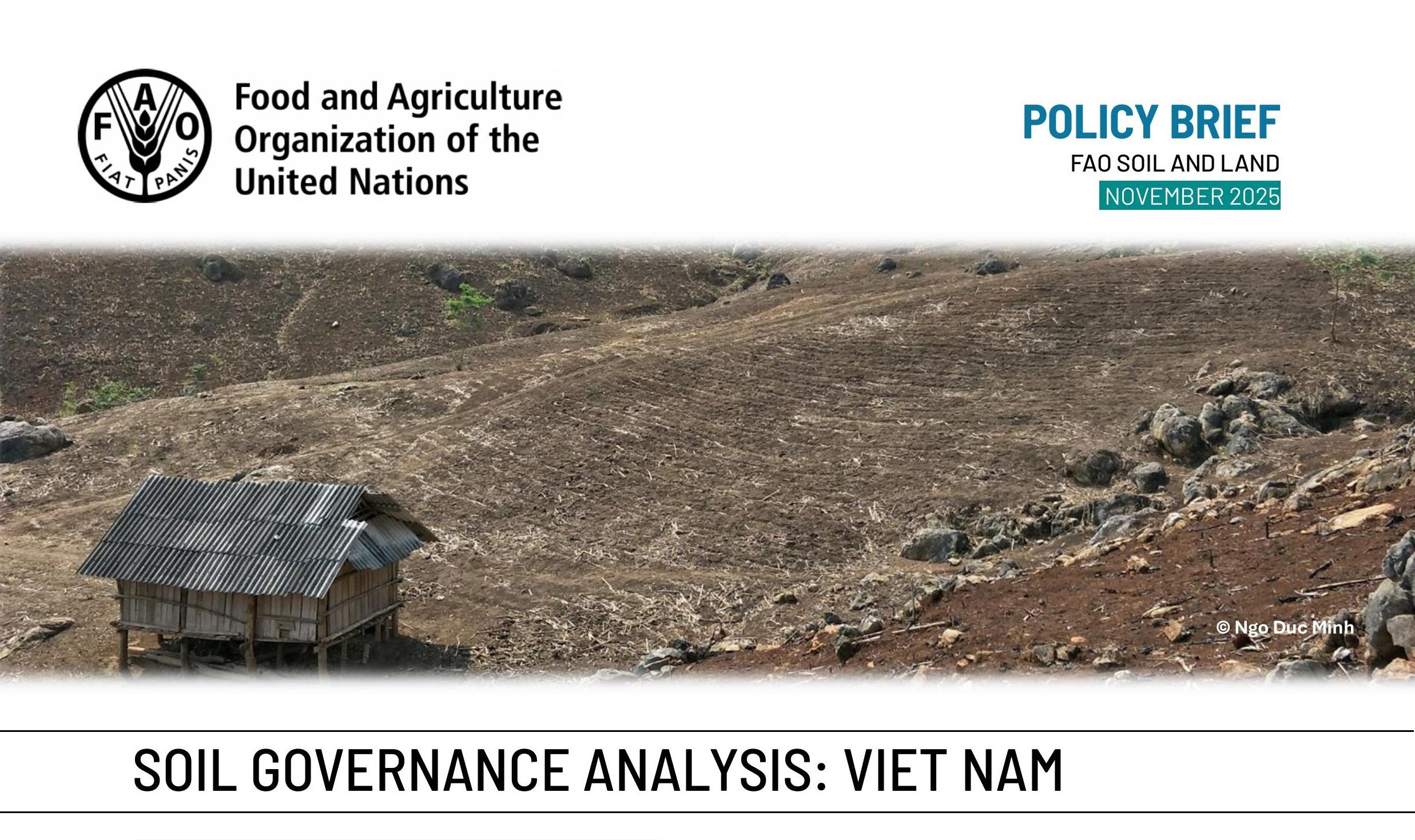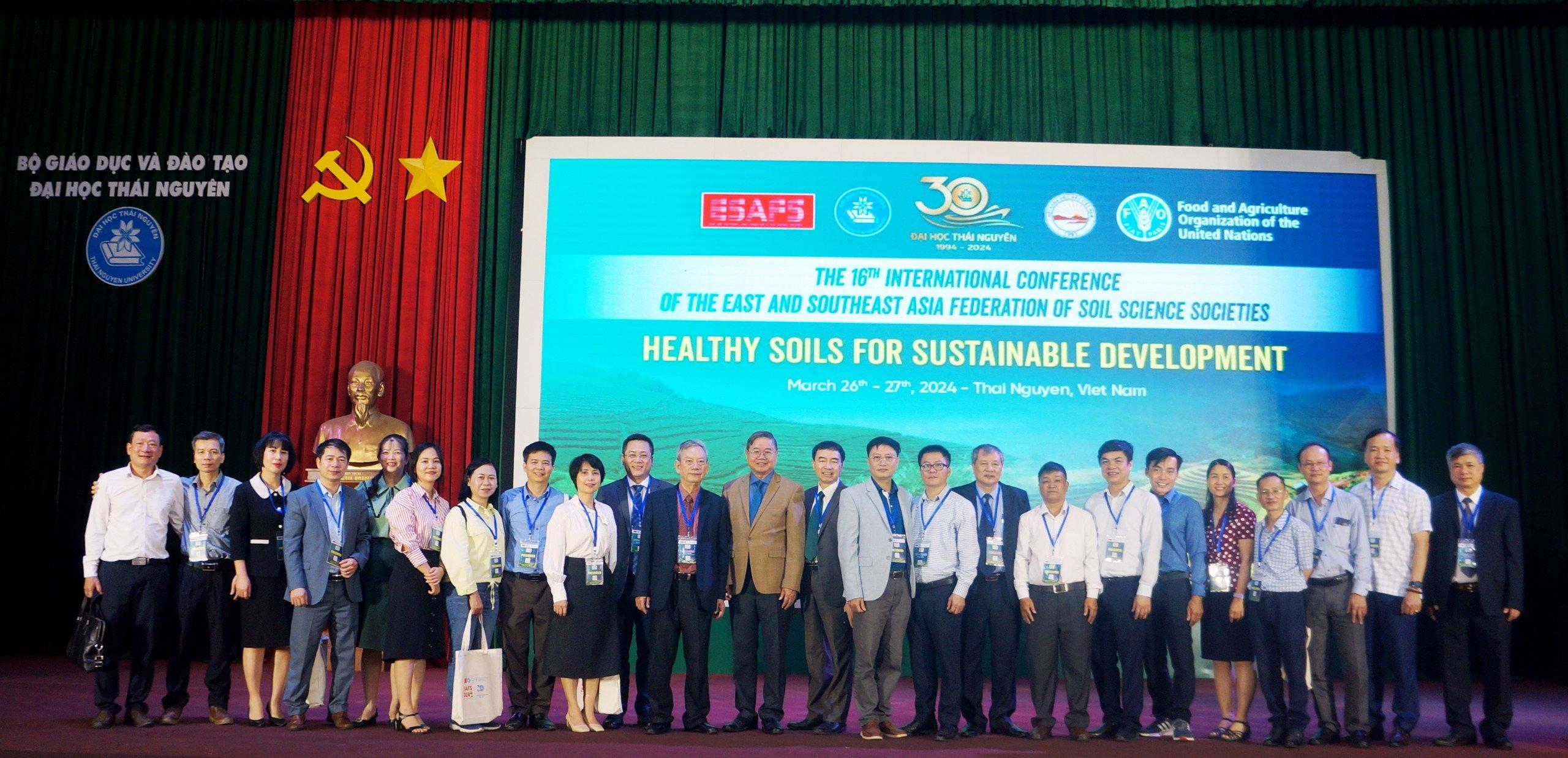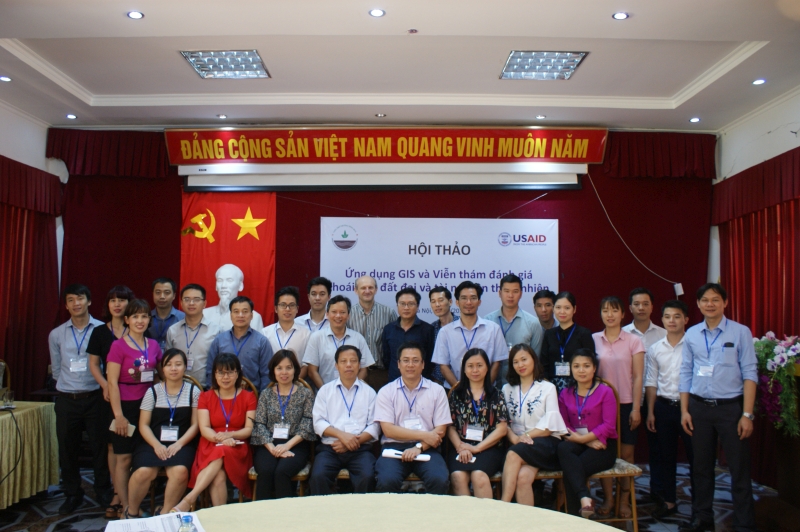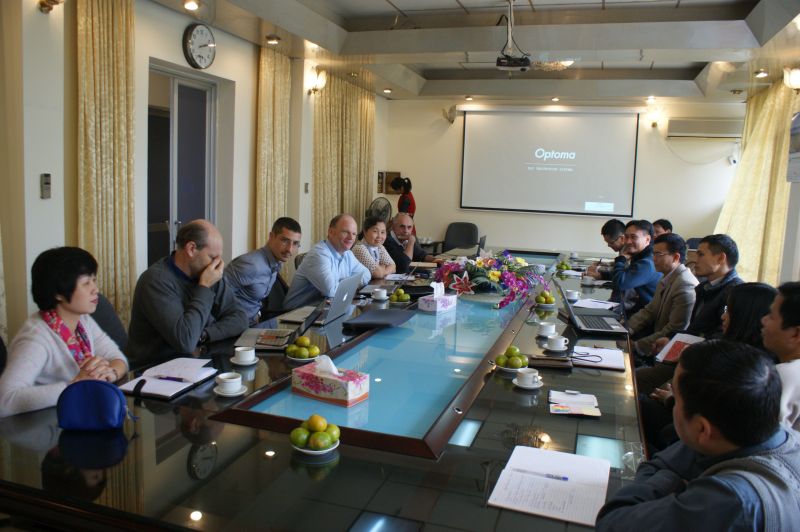09-05-2018
View:
1595
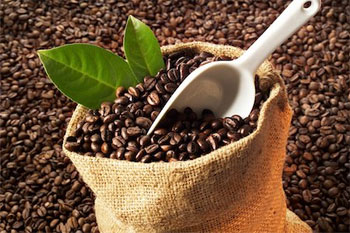
In 2013, Vietnam exported more than 1.6 million tonnes of coffee beans. This earned approximately US$3.4 billion from total production. And the industry is growing: “In 1995, we had around 200,000 hectares (ha) but now we have more than 620,000 ha. The sector employs around 2.6 million people,” states Dr Tien.
Today Vietnam is the world’s second largest coffee exporter. Its market share is 20% - up from just 0.1% in 1985. Average yield for Vietnamese Robusta coffee is 2.5 tonnes per ha and - can be as high as 4 tonnes per ha of good quality green coffee beans in areas where fertilisers are ‘over-used’ by Ethiopian standards. It is estimated that Vietnamese farmers use on average 600kg of fertiliser for coffee per ha per year whereas in Ethiopia, coffee farmers use about 40-50 kg per hectare per year. Interestingly, as Dr Tien notes, “As coffee prices increase, farmers invest more in fertilisers. Increased fertiliser use enables farmers to grow more and earn higher incomes when markets are good.”
Speaking at the International Potash Institute’s (IPI) sub-Saharan symposium held in Ethiopia in November 2015, Dr Tien presented a compelling study which showed correlation between individual farmer’s income and potash (potassium) fertilizer use. “Coffee is very important. We apply a lot of fertilizer. Selecting appropriate application amounts is crucial because we need to achieve balance – for the environment and also farmers’ needs to benefit and save money. But if we don’t apply them, yields decrease and benefits are lost. Soils need potassium, which has also increased farmer profits up to 100% in our trials!”
In contrast, Ethiopia’s export earnings have steadily declined since 2009 from US$842 million to US$780 million last year (2014/15). Ethiopia is Africa’s top coffee producer and the world’s seventh largest. There are key differences between Ethiopia and Vietnam as coffee growers: type of coffee grown, land altitude, soil fertility and access to quality and appropriate amounts of fertilisers.
Robusta is easier to grow. It produces a higher yield and is less sensitive to insects because higher caffeine content acts as an insecticide. Yet Arabica green beans – grown in Ethiopia - are worth double the price of Robusta on the commodity market. Arabica coffees have a richer taste and are higher quality – “Ethiopian coffee is a speciality,” says Ermias Eshetu, CEO of the Ethiopian Commodity Exchange (ECX).
So why are farmers of lower-grade Robusta in Vietnam doing better? “I can only talk about Vietnam but a particular trend springs to mind: that is farmer’s access to mobile phones and SMS information about market prices,” says Dr Trien. “Coffee farmers are closely linked with worldwide markets – they understand the high value of coffee. The other component is fertiliser access and use to participate in those higher earning international markets.”
Jessica Summers Dec 21, 2015
fluconazole 50mg
click zithromax 250mg
lisinopril and white blood cell count
lisinopriland.net lisinopril and white blood cell count
voltaren végbélkúp
open voltaren forte
sitagliptin phosphate msds
go sitagliptin phosphate msds


